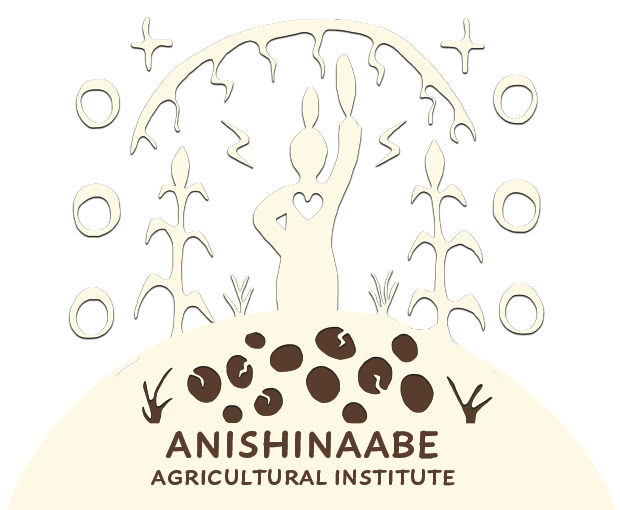
YOUR INVITED!
ONLINE Hemp 101 2024
UPDATE
Our Scholarship spots has hit capacity and is now, closed
Please email Esther at esther-ames@ihcfc.org with any other questions.
Student Fee
$100
Online Courses for
10-Weeks
The New Green Revolution Hemp 101 2024
Online Course for Spring 2024 Semester
We hope this message finds you well. We are excited to extend an invitation to your esteemed institution to incorporate an online course titled The New Green Revolution - Hemp 101, into your curriculum for the Spring 2024 semester. The Hemp 101 course aims to equip students with the knowledge and skills necessary to engage in industrial hemp agriculture sustainably and effectively, emphasizing the importance of Indigenous perspectives and ecological stewardship.
Course Overview of New Green Revolution Hemp 101
It is said that 100 years ago or so, we had a choice between a carbohydrate economy and a hydrocarbonate economy. We made the wrong choice. We are going to make the right choice now and create the New Green Revolution.
The New Green Revolution Hemp 101, is a course about the potential of hemp, and how Indigenous farmers and nations are embracing this new economy. Hemp can transform our materials and textiles economies, return carbon to the soil, be a central material in sustainable housing, provide health and well-being, and be a path to restorative justice. This course offers a comprehensive exploration of industrial hemp as a transformative crop, including its history, cultural significance, the legal and historical landscape, and the state of the hemp renaissance surrounding its cultivation and use.
Expert Instructors
Alex Whiteplume, Oglala Sioux Tribal Hemp Farmer
Ira Vandever, Dine’ Owner of Turquoise Indigo Fibers
Angela Dawson, 40 Acre Cooperative
Dr. George Weiblen, U of Minnesota and the nations first licensed Cannabis Plant Researcher
Dr. Clemon Dabney, Chief Science Officer of Superior Molecular
Winona Laduke, Author, Educator Industrial Hemp Farmer and Research Director for AAI
Student Fee
$100
Online Courses for
10-Weeks
Duration of 10 weeks every Thursday at 1:00-3:30pm CST
Starting March 14-May 16, 2024
Includes Weekly video lectures, reading materials, discussion forums, and live Q&A sessions and no textbook is required.
Learning Outcomes Students who complete this course will be able to
Understand some of the gifts of the plant known as hemp, aka cannabis sativa L, with a particular focus on hemp fiber and food varieties, seeds, growing and the potential for the material economy.
Have a basic understanding of the role of hemp in present-day ecological, economic, and infrastructure challenges.
Identify challenges to the present-day emergence of the hemp industry.
Examine the potential of the hemp industry in their own geography/community and understanding of the basic growing condition requirements and the correlating cultivation and production needs of different hemp varieties.
Gain some basic understanding of the diverse applications of hemp as food, hemp as fiber, hemp in construction materials, and hemp in electrification.
Understand where to find access to hemp regulations and additional regulations for tribal producers nationally.
Have a basic understanding of hemp policy options, and where to look for examples of innovative and equitable hemp policies.




